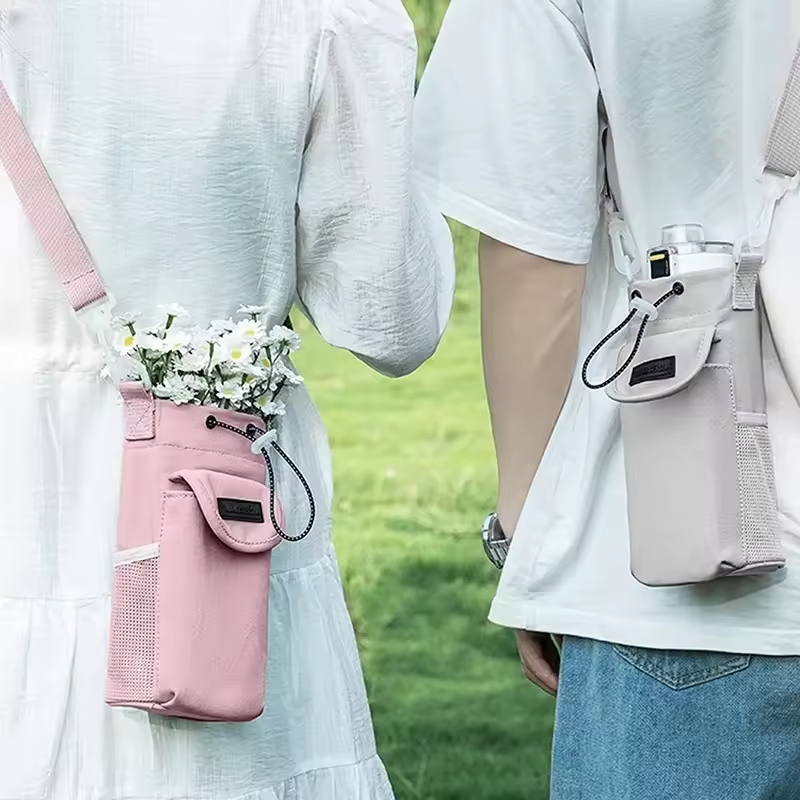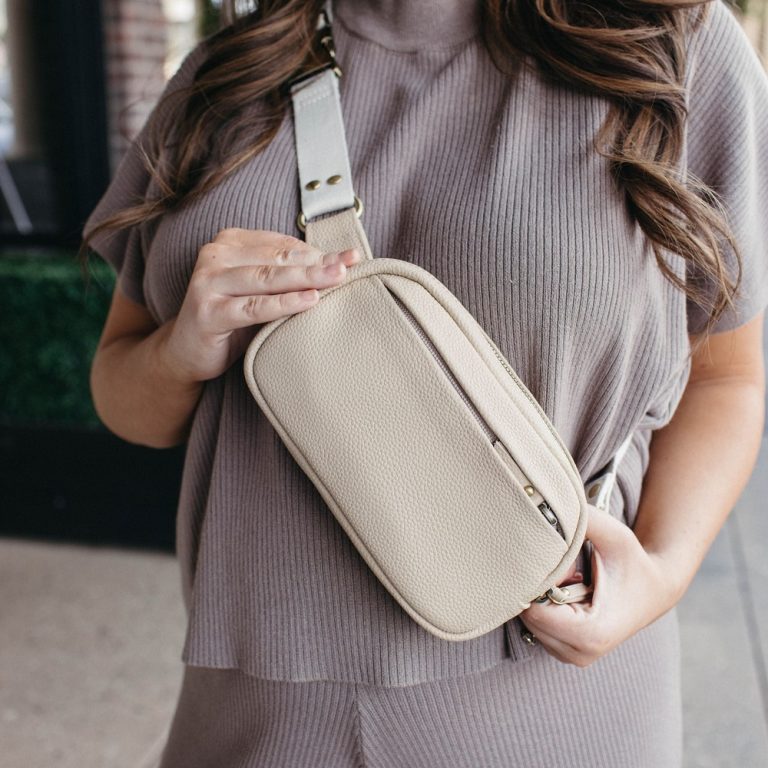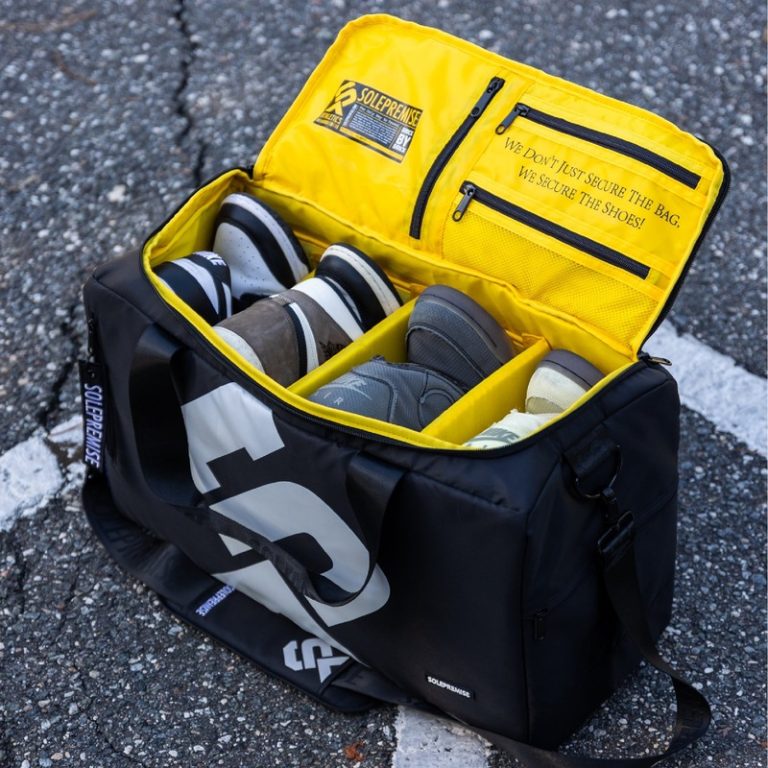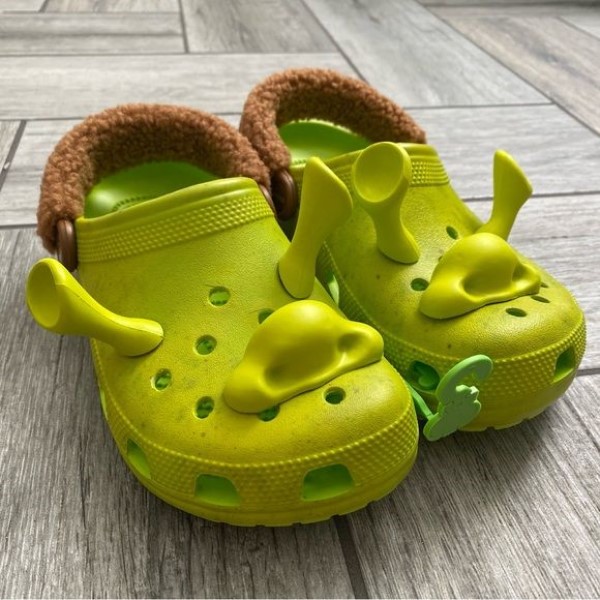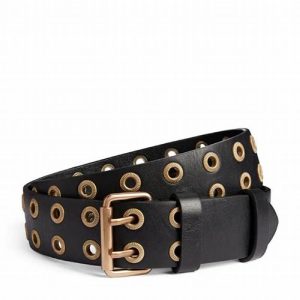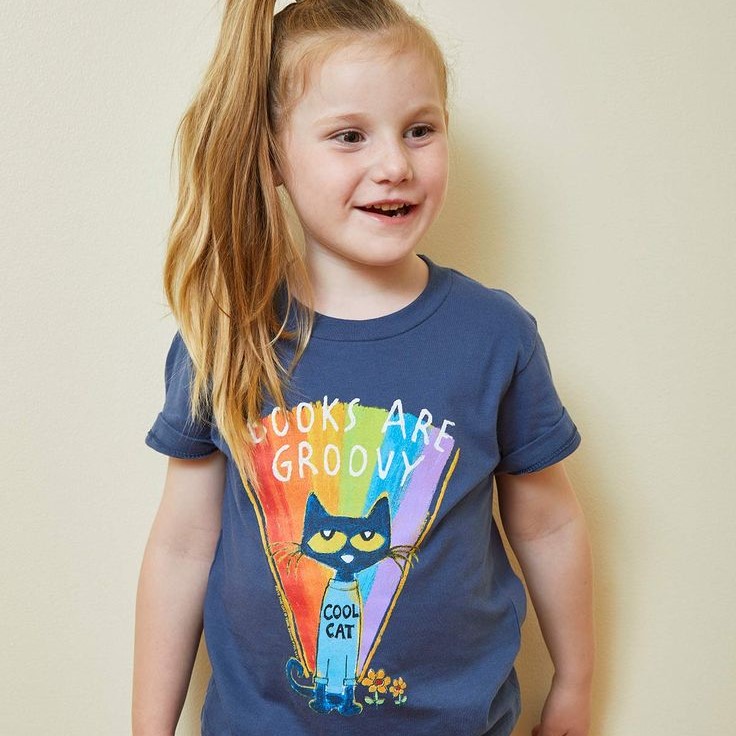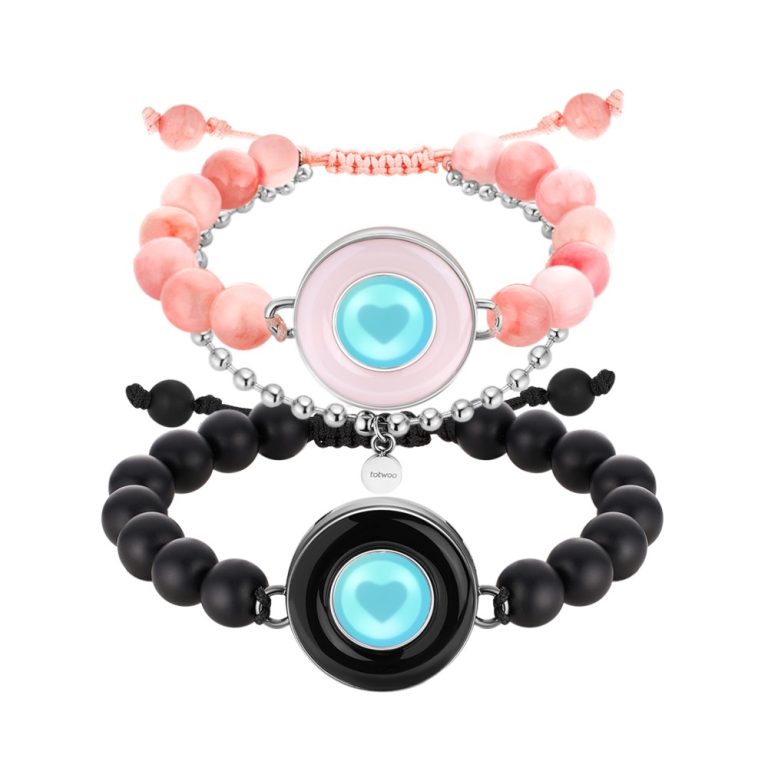The Purpose of a Money Belt While Traveling
When you’re embarking on a journey, a money belt acts as a hidden wardrobe vault. Its purpose? To safeguard your valuables from potential theft and loss. Think of it as an undercover security guard, one that’s strapped to your body and invisible to prying eyes. Whether you’re navigating a crowded marketplace, boarding a packed train, or simply strolling through a tourist hotspot, a money belt offers discreet protection for your personal items.
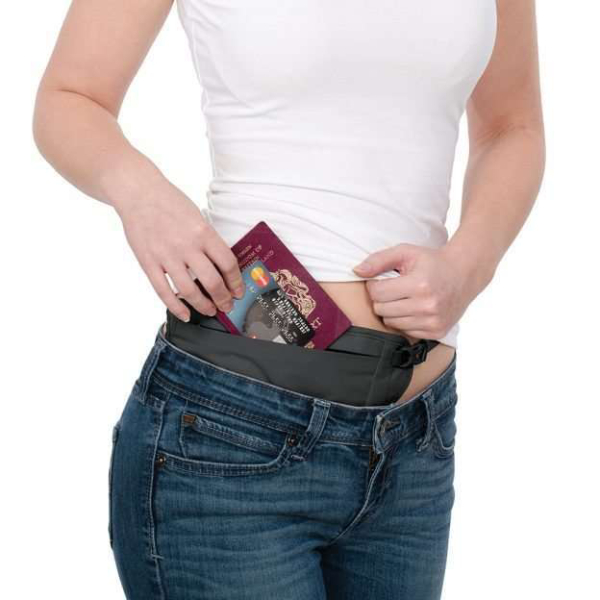
With a money belt, you carry the peace of mind that vital belongings like cash, passports, and important documents are securely tucked away. Imagine walking down a street, unconcerned about pickpockets because your essentials are snug against your skin, shielded from opportunists. Money belts don’t just hold your items; they carry your confidence. A suede belt can add a stylish touch while ensuring your cash and documents are safe. With it, you not only look good but also feel secure on your travels.
In essence, money belts serve a dual function. Not only do they protect your belongings, but they also minimize the stress of traveling with valuables. You’re free to immerse yourself in the experience, absorbing new cultures and sights without the nagging worry over the safety of your possessions.
Choosing the Right Money Belt for Your Trip
When planning for travel, selecting the right money belt is key. There are diverse types and styles to suit different needs. The ideal money belt should be lightweight and comfortable, allowing you to wear it for long periods. Consider the climate of your destination; a breathable material is crucial in hot, humid weather to prevent discomfort. If heading to a rainy locale, a waterproof option will protect your valuables from getting wet. When traveling, an all saints belt can provide both style and functionality. It’s important to ensure it fits your needs for comfort and protection in various climates.
Look for a belt with adjustable straps for a snug fit, ensuring it won’t slide or cause irritation. The color of your belt matters too. Choose a neutral shade that blends with your clothing to keep it discreet.
Security features are also vital. Options with RFID-blocking capabilities can prevent electronic pickpocketing, safeguarding your credit card and passport information. Pockets with different sizes help organize your items, making them easier to find when needed.
In short, when picking a money belt, focus on comfort, climate compatibility, security, and storage needs. A well-chosen belt will provide peace of mind, allowing you to enjoy your travels more freely.
Proper Placement and Wearing Techniques for Money Belts
Properly wearing a money belt is essential for safety and comfort. Here’s how to do it:
- Adjust the fit: Before you put it on, adjust the strap to fit snugly around your waist.
- Ideal position: Place the money belt flat against your stomach, under your clothes.
- Back or front: You can wear it on your back or front, whichever feels best.
- Clothing over it: Tuck it under your shirt or blouse so it’s not visible.
- Sitting down: When sitting, make sure it doesn’t ride up or become noticeable.
- Easy access: If needed, shift it to where you can reach it without drawing attention.
- Less is more: Don’t overfill the belt. Keep it slim to avoid bulges in your clothing.
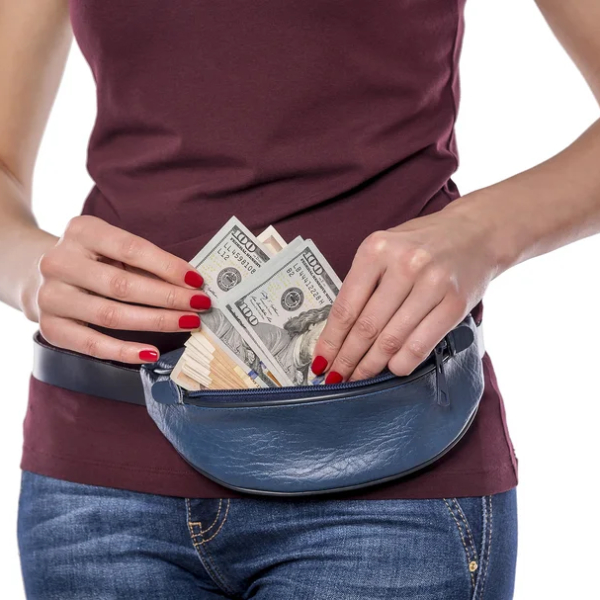
Remember, the goal is to avoid drawing attention to the money belt. With proper placement, it will be virtually undetectable, allowing you to focus on enjoying your journey.
What to Store in Your Money Belt
When deciding what to pack in your money belt, prioritize items that are essential and difficult to replace. Here are some suggestions:
- Cash: Carry only what you need for the day to limit losses in case of theft.
- Credit Cards: Take one or two for emergencies, but keep them hidden.
- Passport: Always keep this crucial document close in a money belt.
- Travel Documents: Store copies of your travel insurance and emergency contacts.
- Valuables: Include small valuables like a backup drive with important data.
Remember, the thinner your money belt, the less conspicuous it will be. Overstuffing can make it bulkier and more visible, defeating its purpose. Keep the bulk of your cash and additional cards safe in a hotel safe or another secure spot and only take what’s necessary for the day’s activities in your money belt. In Brazilian Jiu-Jitsu, a coral belt signifies mastery, much like a well-packed money belt ensures your essentials are safe without attracting unwanted attention. Keep it minimal for best results!
Addressing Safety Concerns: The Pros and Cons of Money Belts
Pros of Money Belts
Money belts offer a number of advantages when traveling. Here are some key benefits:
- Security: They provide a secure way to carry essential items.
- Concealment: Money belts easily hide under clothing, offering protection from pickpockets.
- Peace of mind: Knowing your valuables are safely tucked away can ease travel stress.
If you’re planning to be in crowded areas or traveling to destinations with high theft rates, money belts can be a great asset. By keeping items like passports, credit cards, and emergency cash close, you reduce the risk of losing them significantly.
Cons of Money Belts
However, money belts are not without their drawbacks:
- Comfort: They can be hot and uncomfortable to wear for long periods.
- Accessibility: Getting items in and out can be inconvenient, especially in public.
- Overreliance: Relying solely on a money belt may lead to trouble if it’s lost or stolen.
In hot climates, a money belt might become sweaty and cause discomfort. Additionally, since money belts are meant to stay concealed, it may not be practical to access them for everyday transactions. There’s also the risk of putting all your ‘eggs in one basket’; if the belt is lost, so are all the valuables inside it.
When considering a money belt, weigh these pros and cons based on your travel style and destination. It’s about balancing the need for security with the potential for discomfort and inconvenience. For some, the peace of mind is worth the drawbacks. Others may find the cons outweigh the benefits.
Money Belt Alternatives and Modern Travel Money Solutions
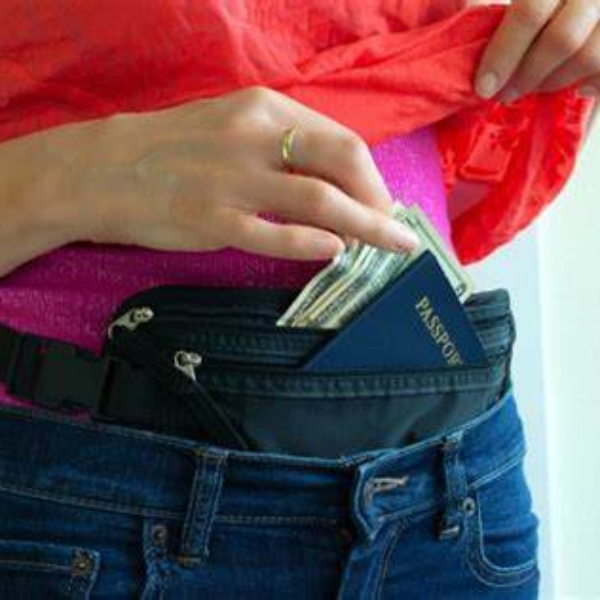
While money belts are a popular choice for securing valuables, they’re not the only option. Modern travel has introduced various alternatives that provide convenience and safety. Let’s explore some of these solutions.
- Travel Bags with Built-In Security: Some travel bags come with anti-theft features. These include slash-proof materials and lockable zippers, which deter thieves.
- Clothing with Hidden Pockets: Specialized travel clothing often features hidden pockets. These pockets keep your valuables safe and undetectable.
- RFID-Blocking Wallets: These wallets protect your credit cards from electronic pickpocketing. They block signals to keep your personal information secure.
- Tech Solutions: Services like Google Pay or Apple Wallet allow contactless payments. This way, you can leave your physical cards secured elsewhere.
- Portable Safes: Small portable safes or lockable luggage compartments can secure items in your accommodation.
- Wise International Account and Card: This modern financial tool allows you to hold different currencies. It offers a way to pay by card or withdraw cash without carrying large amounts.
These alternatives each come with their own set of advantages. They range from securing your belongings to simplifying access to funds. Consider these options for your next trip, and choose what works best for your travel style and needs.
Tips for Accessing Items in Your Money Belt Discreetly
Discreetly accessing items in your money belt is a crafty skill. It lets you retrieve what you need without drawing attention. Here are some savvy tips:
- Plan Ahead: Decide what you’ll need before reaching into your money belt. This cuts down fumbling.
- Private Places: Slip into a restroom or fitting room for privacy when accessing your belt.
- Distraction-Free: Avoid busy areas. Find a quiet corner or bench if you need quick access.
- Smart Clothing: Wear clothes that allow easy access to your money belt. Think layers or looser fits.
- Smooth Moves: Practice at home. Get the hang of reaching your money belt with subtle movements.
- Minimal Viewing: Only expose what you must. Keep your belt hidden as much as possible while accessing it.
- Keep It Zipped: Always ensure your money belt is securely zipped up after each use to avoid losing items.
Follow these steps for peaceful and sneaky access to your valuables. Stay sharp and stay safe.
Maintenance and Care for Your Money Belt
To prolong the life of your money belt, proper care is important. Here’s how to maintain yours:
- Wash Regularly: Clean your belt according to the instructions. Usually, a gentle hand wash works.
- Dry Thoroughly: After washing, let your belt air dry completely. Avoid direct sunlight to prevent fading.
- Inspect Often: Check for wear and tear. Look for loose seams or zipper issues.
- Store Properly: When not in use, keep it in a dry place. Fold it to avoid creases.
Following these steps will keep your money belt in good condition for future travels. Always check the care label for specific instructions related to material and upkeep. Regular maintenance ensures comfort and reliability when you need it most.
